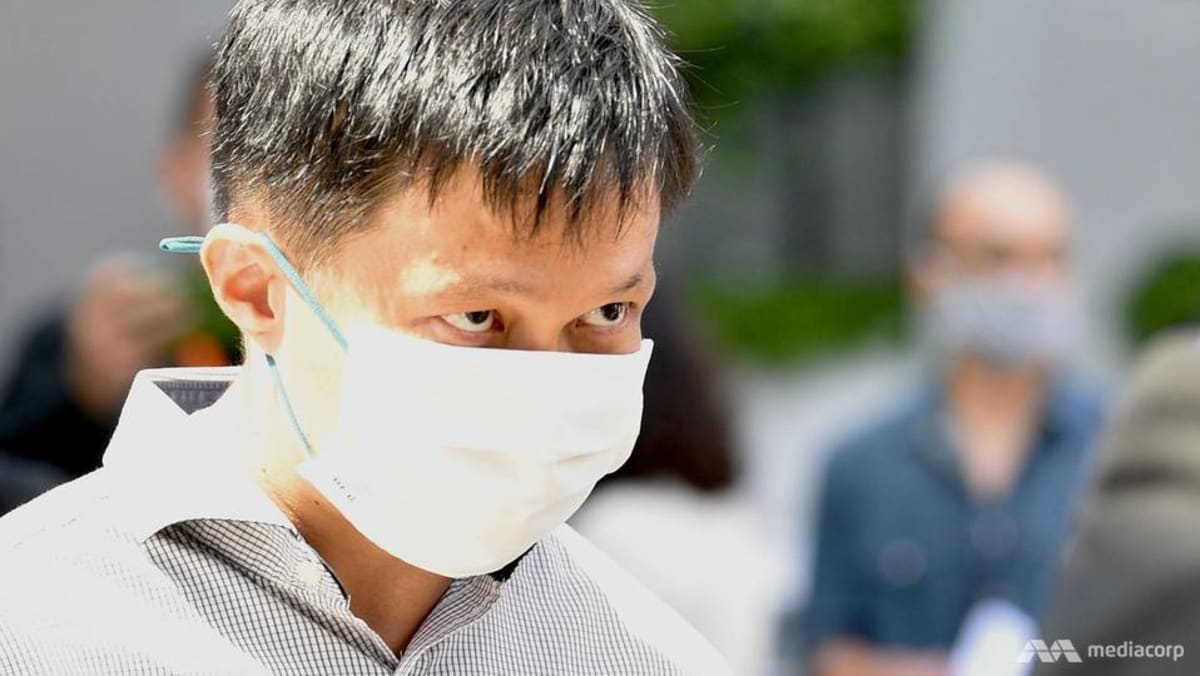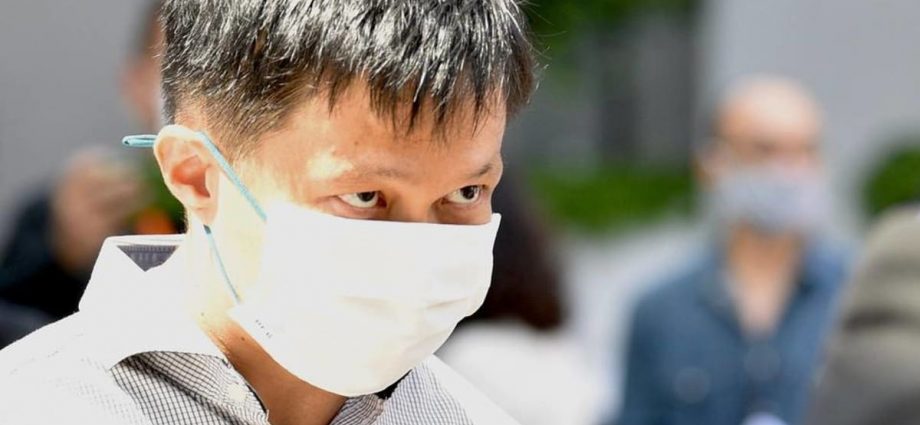
SINGAPORE: Karl Liew Kai Lung, the son of former Changi Airport Group chairman Liew Mun Leong, is set to plead guilty for lying in the case of Ms Parti Liyani, a migrant domestic worker who was acquitted of stealing from the Liews.
At a pre-trial conference on Friday (Feb 10), a hearing was fixed for Mar 30 for Karl to plead guilty.
The 45-year-old is out on bail of S$15,000 and faces one count each of giving false evidence and furnishing false information to a public servant in the case of Ms Parti.
Karl is accused of intentionally giving false evidence in July 2018 by testifying during the trial in the State Courts that a cream polo T-shirt and a red blouse belonged to him.
He is also accused of giving a false statement to a police officer at his home on Dec 10, 2016, saying that he found “119 pieces of clothing” belonging to him, in boxes packed by Ms Parti.
Karl, who is defended by lawyer Adam Maniam from Drew & Napier, was charged in November 2020. This was after Ms Parti was convicted and then acquitted of stealing S$34,000 worth of items from the Liews.
Karl was among a few of his family members who testified in Ms Parti’s trial in a district court, which found her guilty and sentenced her to 26 months’ jail.
The High Court overturned her conviction on appeal, with the judge flagging several issues with her case including a break in the chain of evidence. He also noted that Karl was “a witness who was not only lacking in credibility but also did not take the process of giving testimony seriously”.
In his previous pre-trial conference in October last year, an adjournment was granted for Karl to be subject to neuropsychological assessments at Raffles Hospital.
After Ms Parti was acquitted, Mr Liew Mun Leong announced that he was retiring from his public service and business roles with Changi Airport Group, Surbana Jurong, Temasek Foundation and Temasek International.
Ms Parti subsequently took further actions by seeking an investigation for alleged misconduct by the prosecutors in her case and turning to court for a compensation order, estimating her losses to be about S$71,000 over four years.
The High Court dismissed her application, saying she had not succeeded in proving that the prosecution against her was frivolous or vexatious. Instead, there was sufficient evidence at the start of proceedings such that there was a case fit to be tried before the court.
If convicted of furnishing false information to a public servant, and if that information is with respect to the commission of an offence, Liew could be jailed for up to three years, fined, or both.
If found guilty of intentionally giving false information at any stage of a judicial proceeding, he could be jailed for up to seven years and fined.

